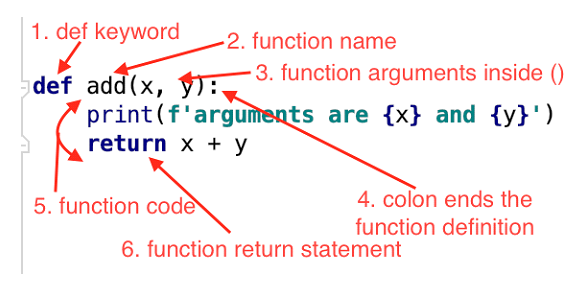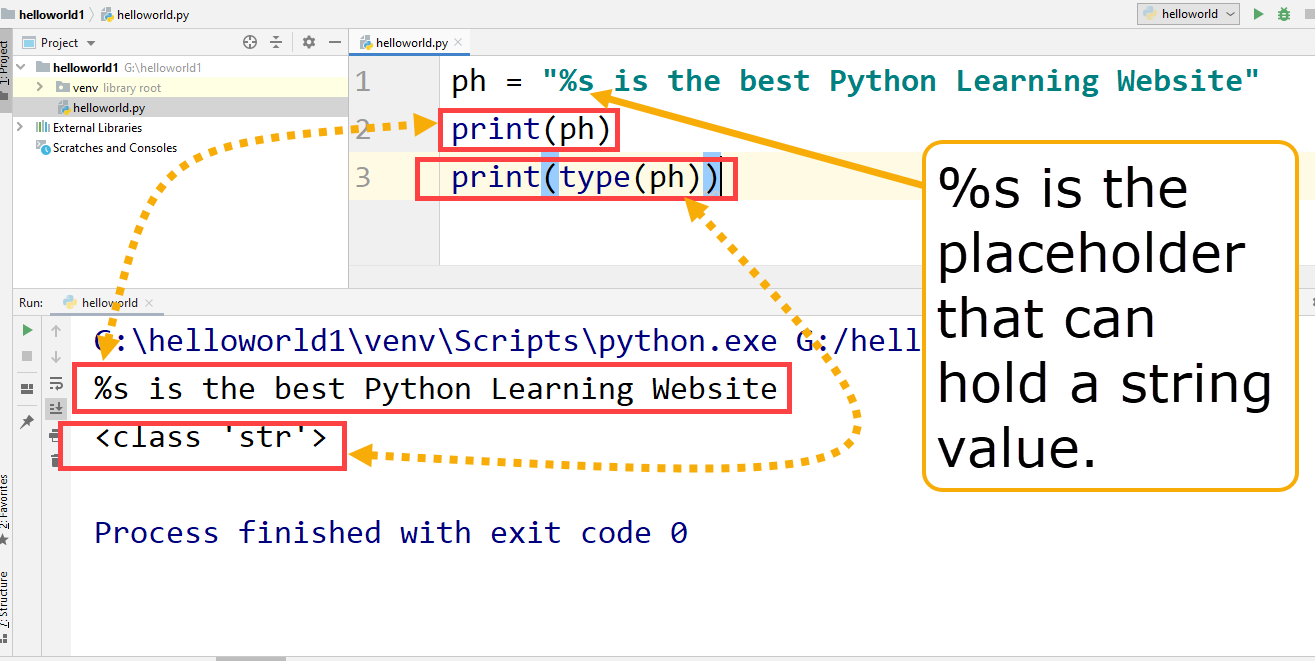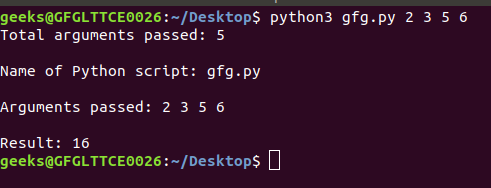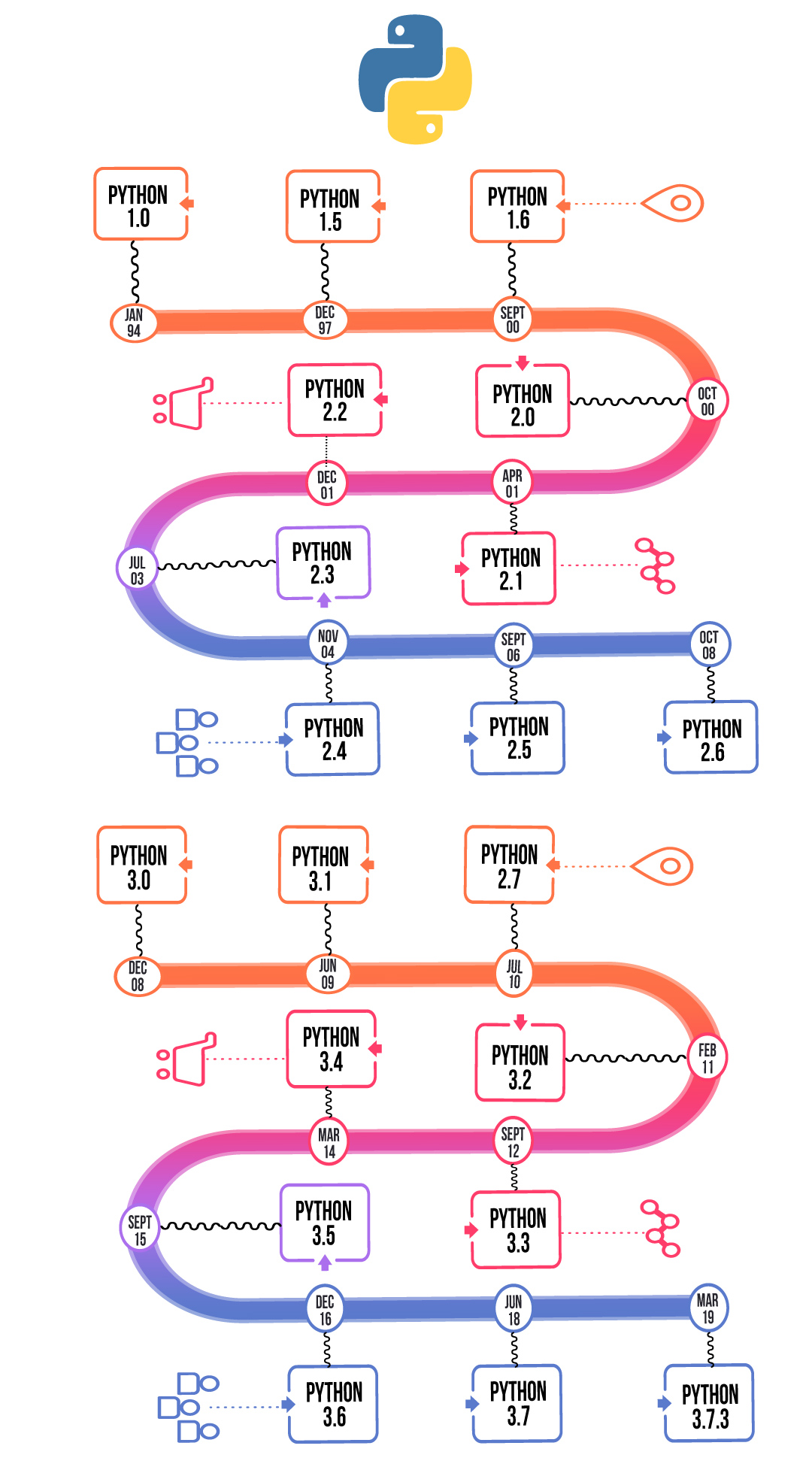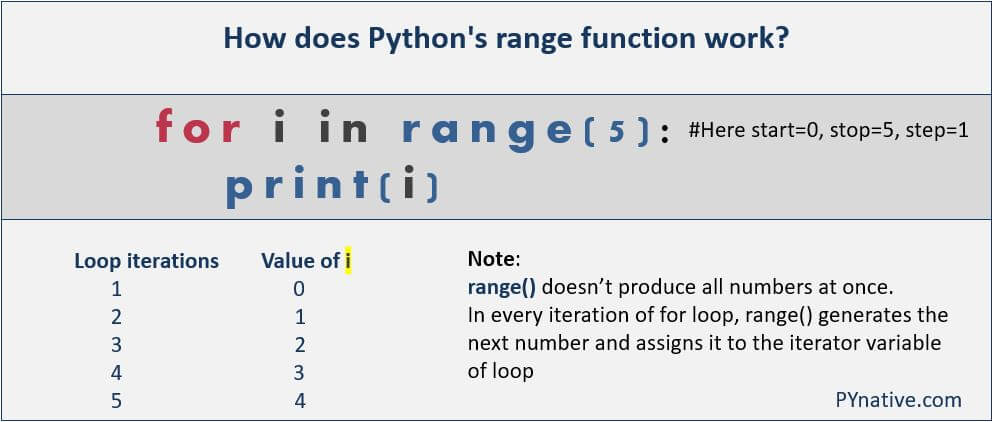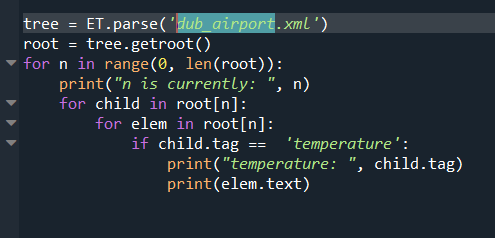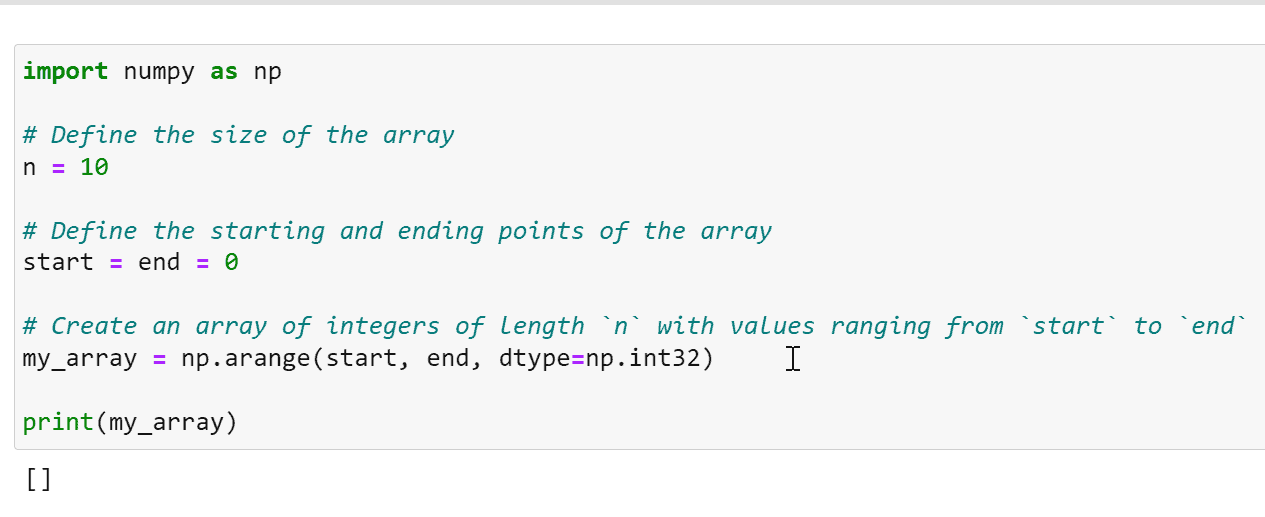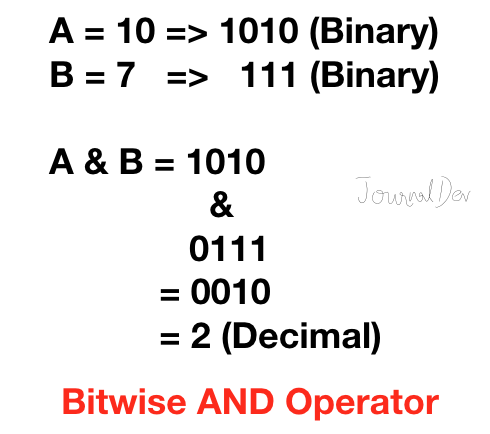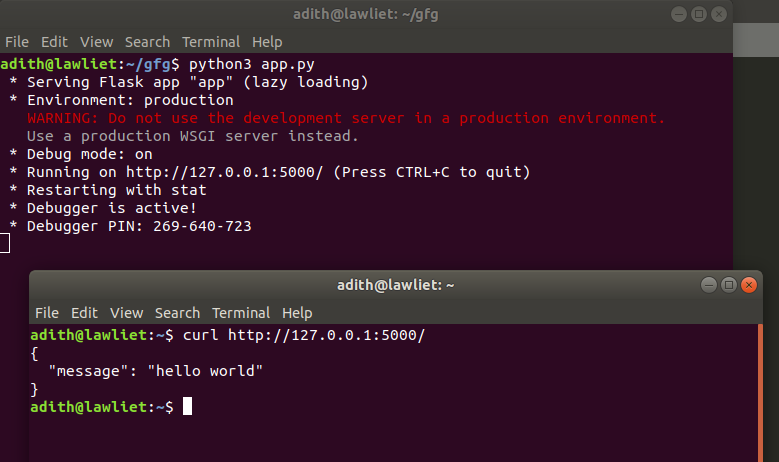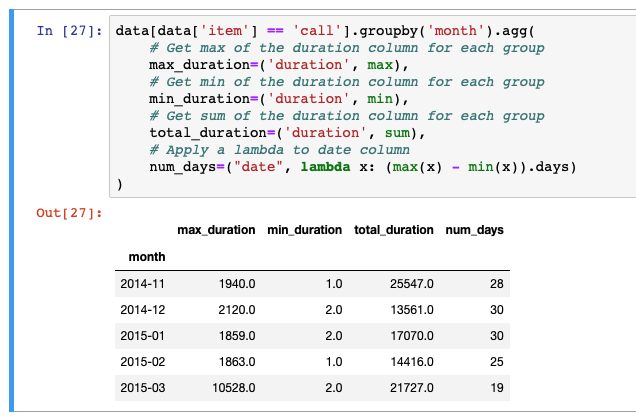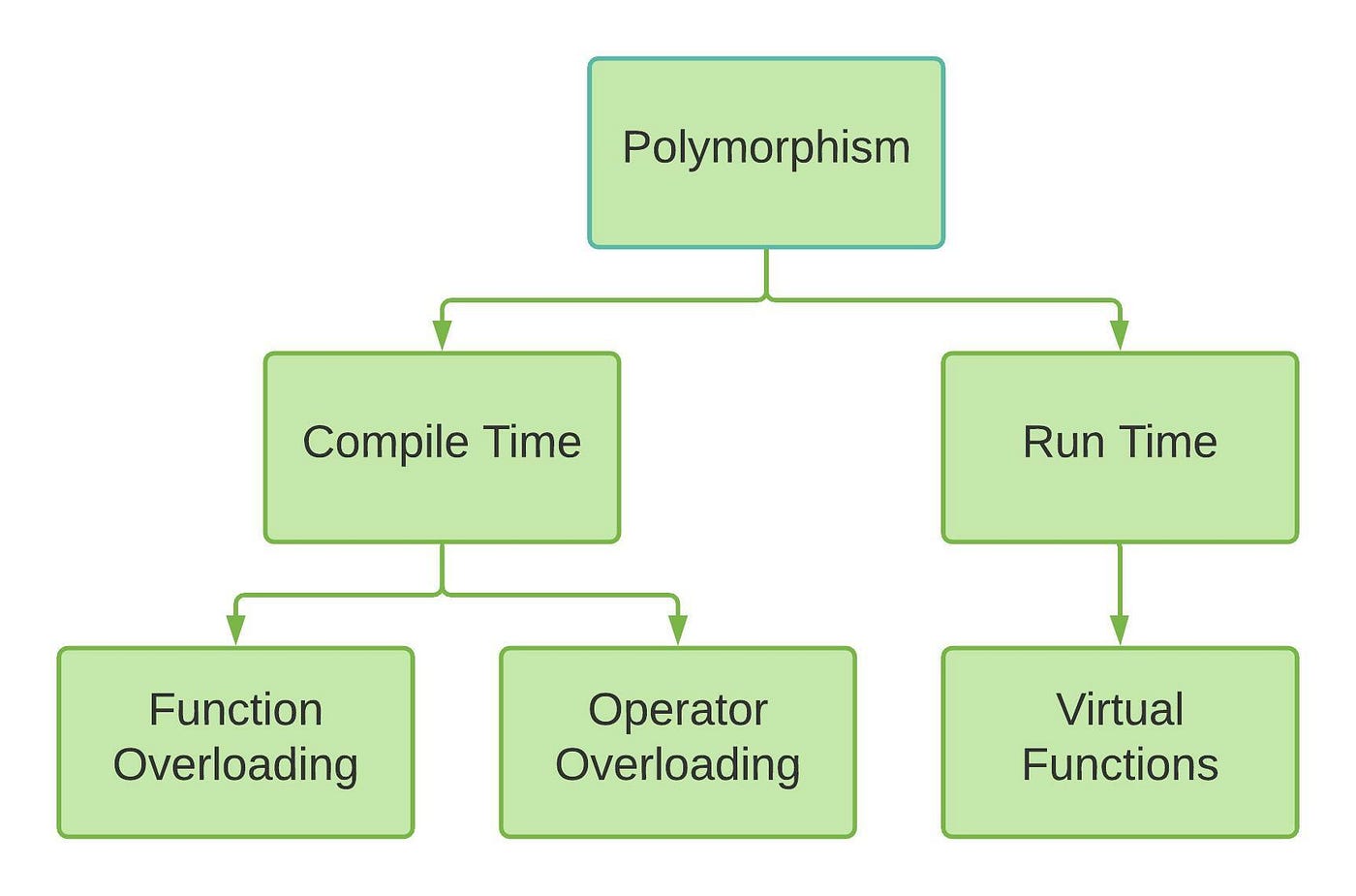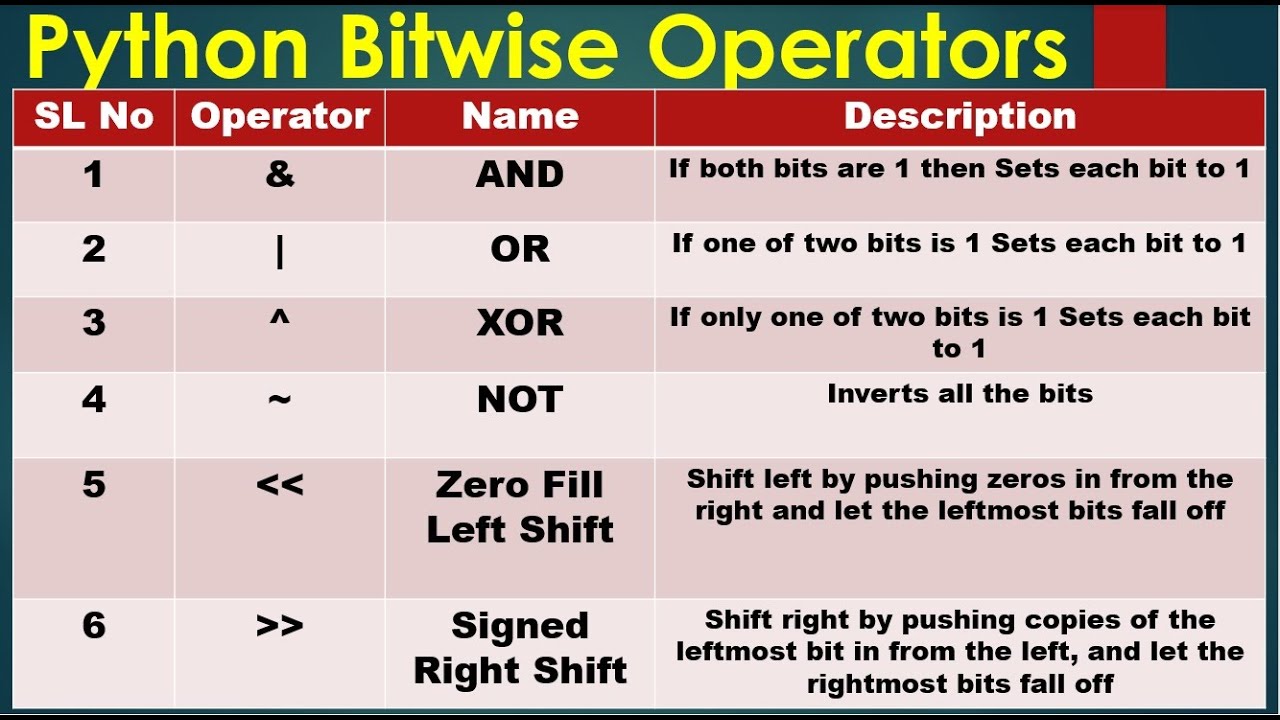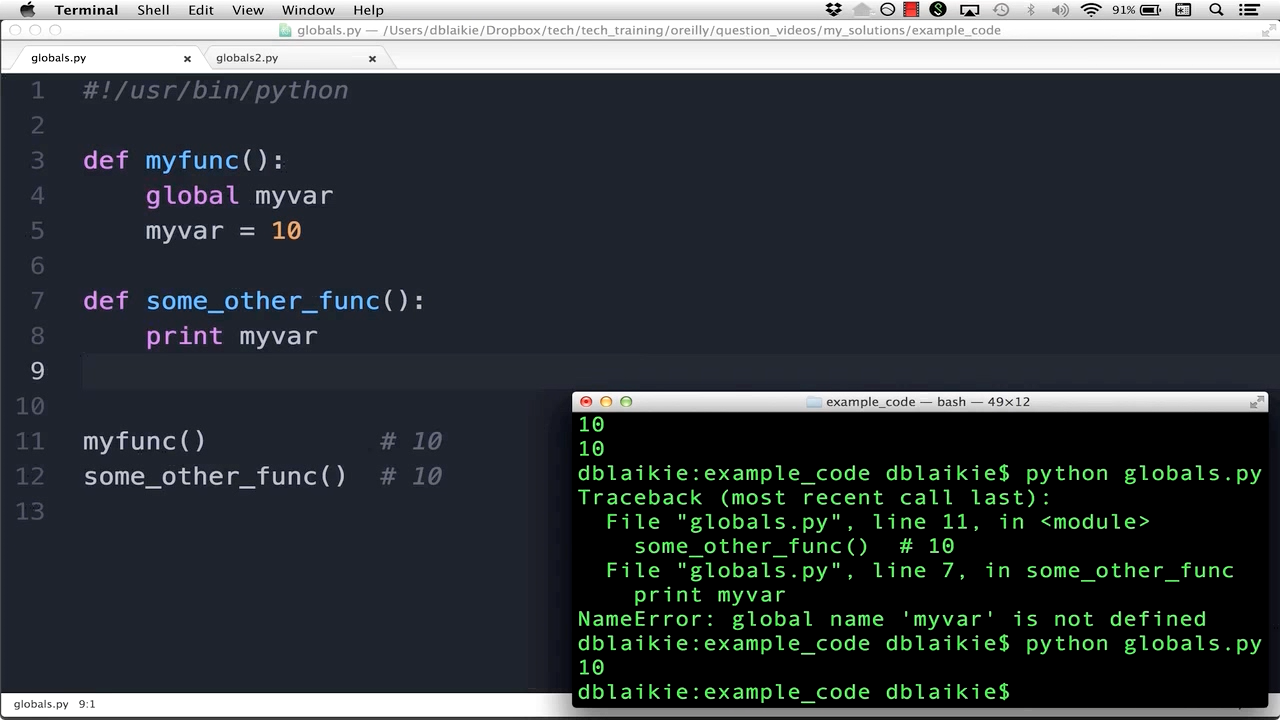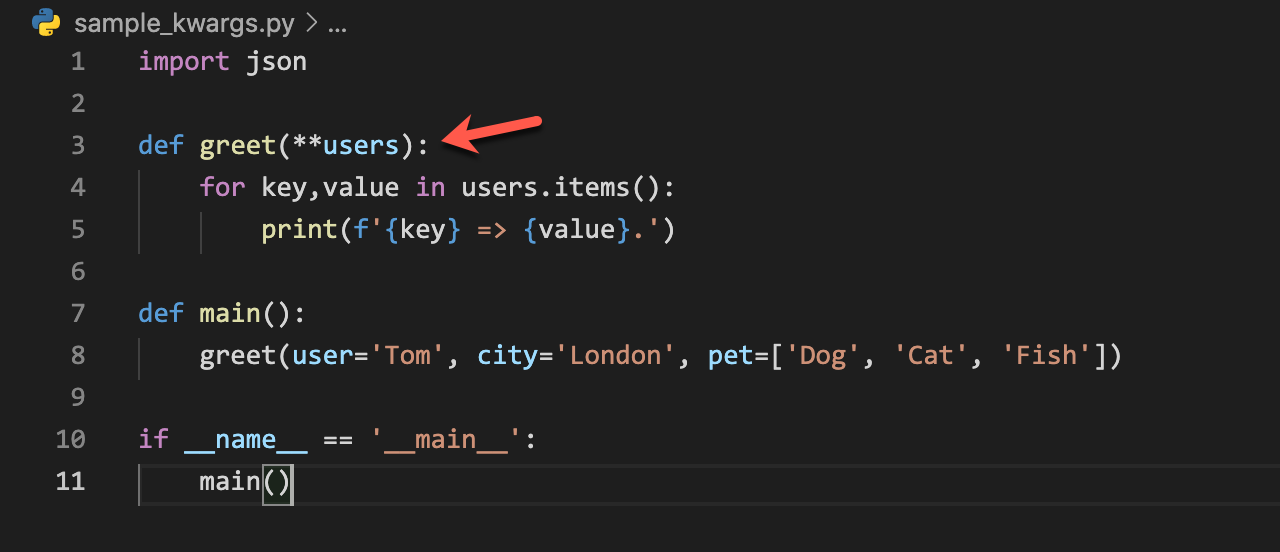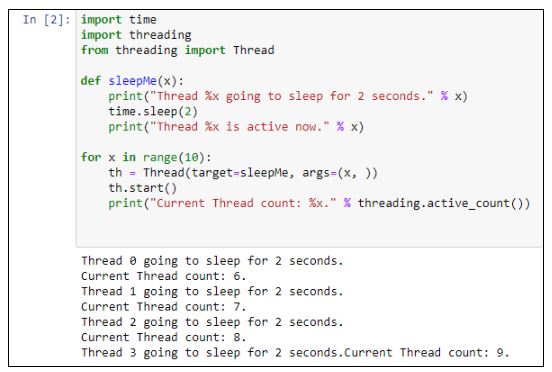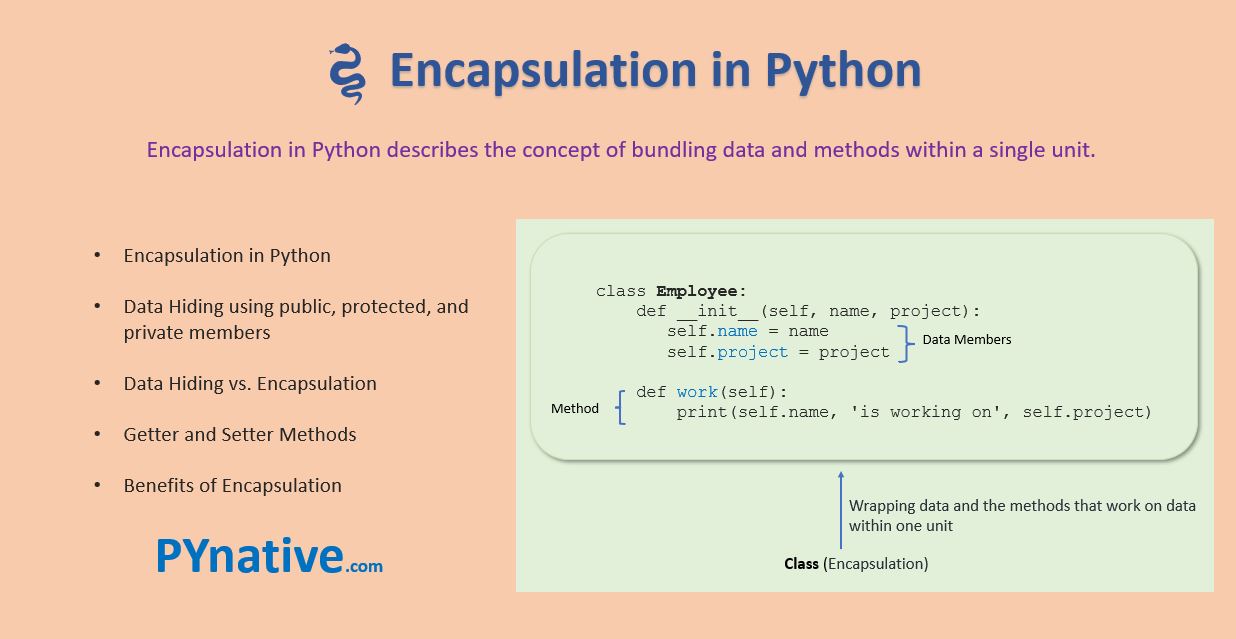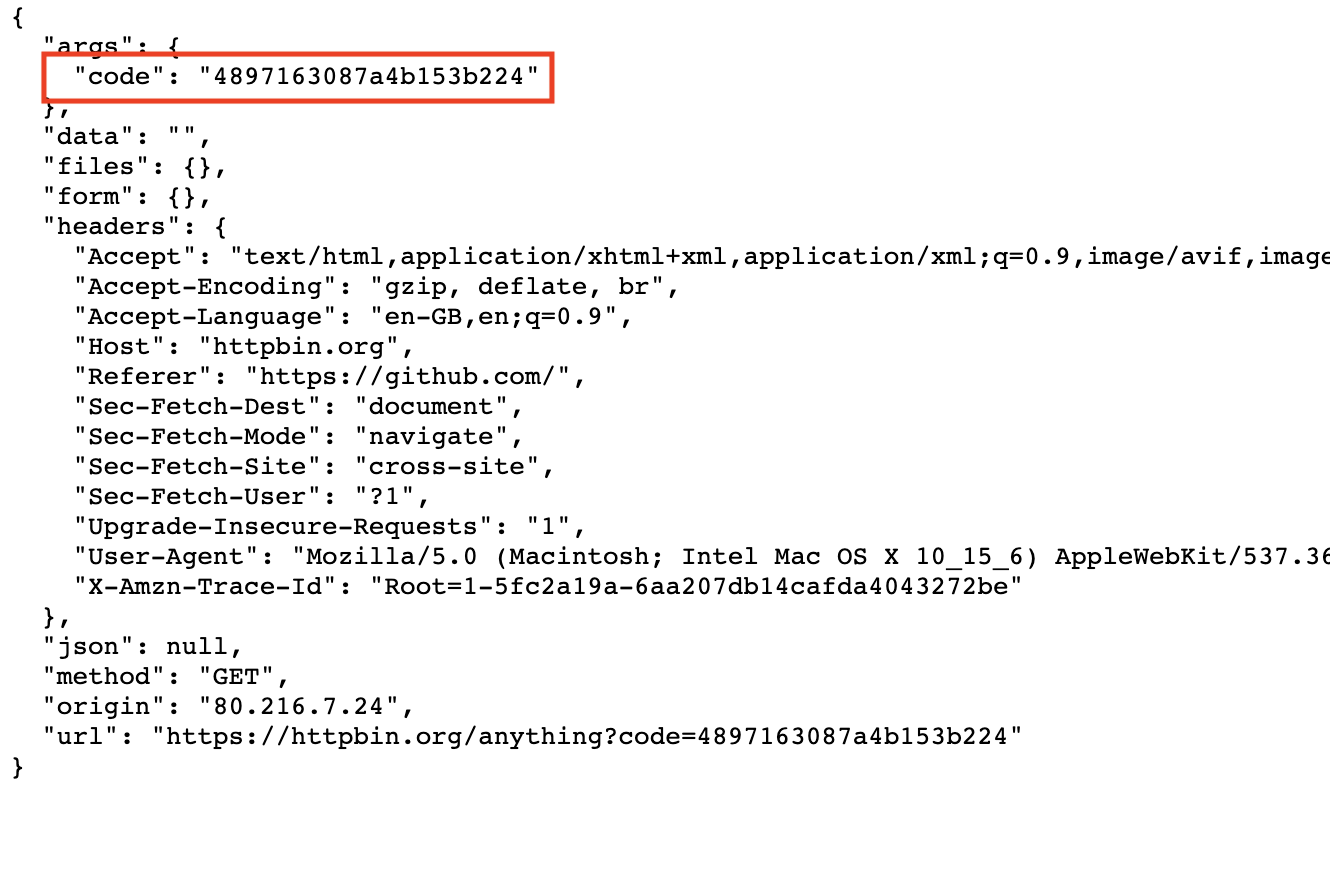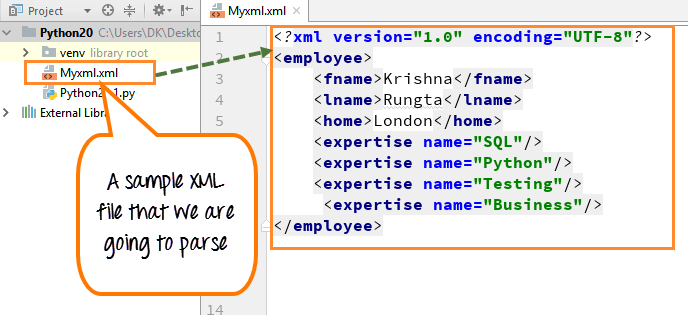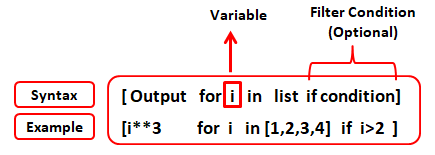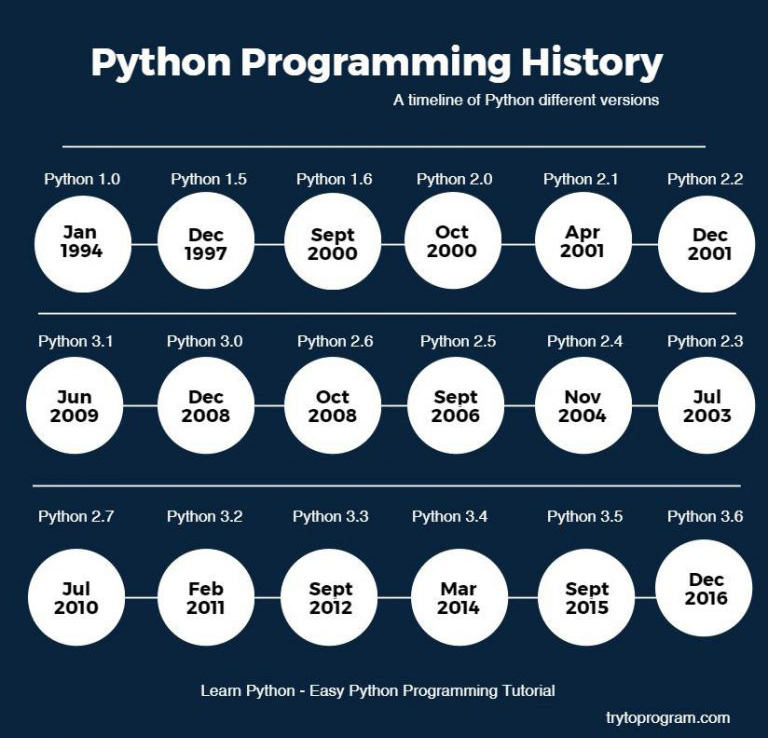Python nonlocal scope
Python nonlocal scope
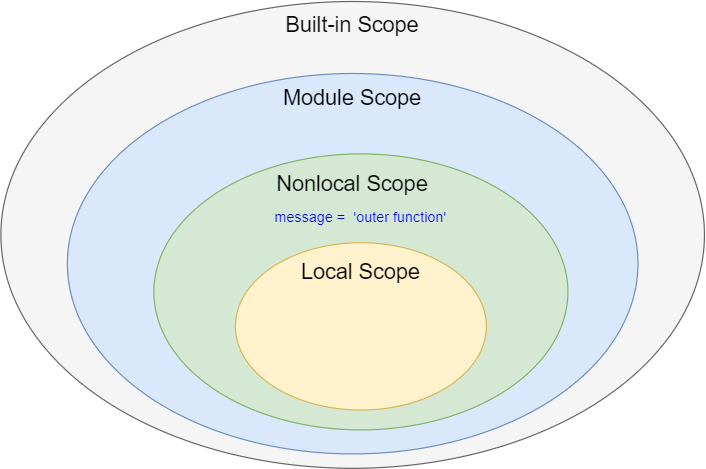
I'd be happy to respond in English and provide information on the nonlocal scope in Python.
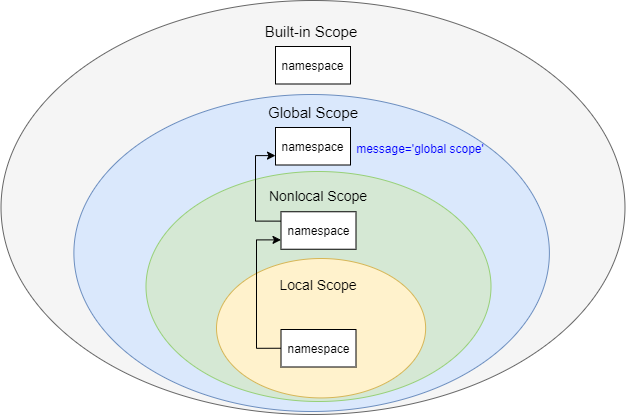
In Python, the concept of "nonlocal" is used to modify variables that are contained within a parent function or a nested function from an innermost function. This can seem confusing at first, but it's actually quite straightforward once you understand the basics.
Let's start with some basic definitions:
A nonlocal variable is one that exists in a containing scope and is not local to the current scope. Thenonlocal keyword is used to indicate that a variable is nonlocal. This means that any modifications made to the variable within the function will affect the original value outside of the function.
Here's an example to illustrate how this works:
def outer():x = 10
def inner():
nonlocal x # Indicate that x is nonlocal
print(f"Inner: x = {x}")
x = 20 # Modify the value of x
print(f"Inner: x = {x}")
inner()
print(f"Outer: x = {x}") # Print the modified value
outer()
In this example, x is initialized to 10 in the outer function. The inner function modifies the value of x and prints its new value. Finally, the outer function prints the final value of x, which has been modified by the inner function.
Now, let's explore some more advanced scenarios:
Nonlocal variables can also be accessed from multiple nested functions:def outer():x = 10
def middle():
nonlocal x # Indicate that x is nonlocal
print(f"Middle: x = {x}")
x = 20 # Modify the value of x
print(f"Middle: x = {x}")
def inner():
nonlocal x # Indicate that x is nonlocal
print(f"Inner: x = {x}")
x = 30 # Modify the value of x
print(f"Inner: x = {x}")
inner()
print(f"Middle: x = {x}") # Print the modified value
middle()
print(f"Outer: x = {x}") # Print the final value
outer()
In this example, x is initialized to 10 in the outer function. The middle function modifies the value of x, and then the inner function also modifies it. Finally, the middle function prints its final value.
def outer():x = 0
for _ in range(3):
print(f"Outer: x = {x}")
def inner():
nonlocal x # Indicate that x is nonlocal
x += 1 # Modify the value of x
print(f"Inner: x = {x}")
inner()
print(f"Outer: x = {x}") # Print the modified value
outer()
In this example, x is initialized to 0 in the outer function. The loop runs three times, printing the current value of x, modifying its value within the inner function, and then printing its final value.
In summary, Python's nonlocal scope allows you to modify variables contained within a parent function or nested functions from an innermost function. This can be useful when you need to share data between multiple levels of nesting.
Python nonlocal invalid syntax
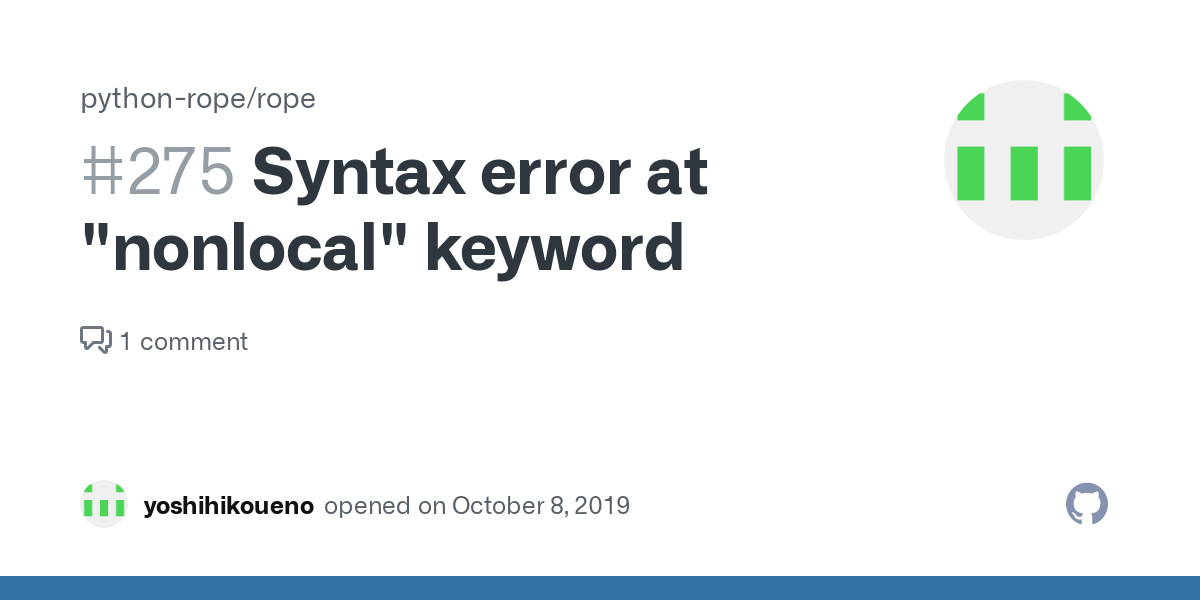
I'd be happy to help! However, I'll respond in English as you requested.
Python's nonlocal statement is used to modify variables that are not local or global. This can be useful when working with nested functions or closures. Here's a breakdown of how it works:
Now, let's talk about nonlocal. Nonlocal is used to modify variables that are not local but also not global. This means you can use it to update variables in:
Here's an example of how nonlocal works:
def outer():
x = 10
def inner():
nonlocal x
x = 20
inner()
print(x) # Output: 20
outer()
print(x) # Error, x is not defined in this scope
In this example:
x is a global variable (defined outside the functions). inner() is a nested function within outer(). In inner(), we use nonlocal x to modify the outer scope's x. This changes the value of x to 20. After calling inner(), print(x) prints 20.
If you don't use nonlocal and try to update x in inner() like this: x = 20, it would raise a NameError because x is not defined in the local scope of inner().
So, in summary:
Local variables are only accessible within their own scope. Global variables can be accessed from anywhere. Nonlocal variables (usingnonlocal) allow you to modify variables in outer scopes or enclosing functions. 